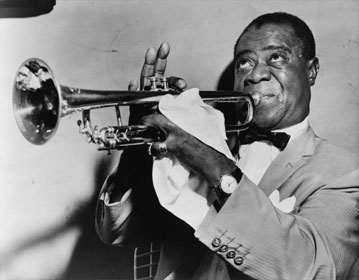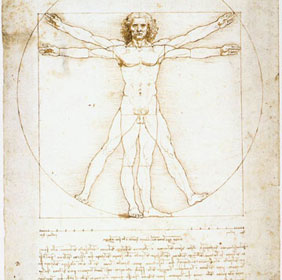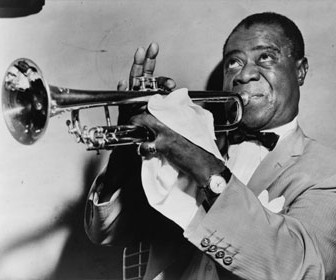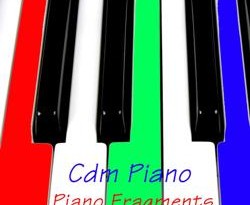Jazz Improvisation & Piano Improvising – Music Harmony and Theory
“Improvisation is real time composing and expressing or creating new musical ideas”.
- Music bases on harmony.
- Melody and improvisation base on chords and scales.
- Accompaniment base on chords and scales too.
- Chords base on scales.
- Scales base on physic, mathematical principles and music traditions.
- Music traditions base on human perception, technology, economy, history, religion.

You need to know the following items to improvise and compose in a right and nice way:
- first you have to know all major and minor scales and relative keys and all chords in every keys.
- Then you must play all chord inversions and the building melody techniques. You have to practice so much so you can play right melodic lines with swing and without thinking about scales, rules, keys…
- Phrasing is the following step. You must learn to begin and finish melodic phrases from every point of measure.
- Ear training, transcribing, music harmony, transposing, voicing, harmonization are other important and fundamental techniques to learn jazz improvisation and composing.
These techniques can give you the skill for express the music you have inside.
Learning jazz improvisation is not simple. The theory and harmonic concepts you have to learn are few and easy to understand but the fundamental concept is just one: to learn improvisation you have to play much and practice for a longtime!
I used to compare improvisation with language. Improvisation is a language, you can express ideas, concepts and emotions and sometimes much deeper than language. So, as well as you have to study and practice a lot to learn English or French or Italian so you have to do the same with music improvisation.
You do not need to understand difficult concepts but without doubts you must be patient. Here in this site I offer free resources to learn this art but be patient if my English is not perfect.
I have published also another site to learn music theory and harmony
- Music harmony : keys
- Key awareness and chord chart
- Major key chords
- Minor scales chords
- Scale harmonization
- Chord chart
- Major 7th
- Minor seventh
- Dominant 7th
- Half diminished seventh
- Diminished 7th
- Inversions
- Chord degrees
“Improvisation exists in almost all music – whilst the term is most frequently associated with melodic improvisation as found in jazz, spontaneous real time variation in performance of tempo and dynamics within a classical performance may also be considered as improvisation.
Musical improvisation is the spontaneous creative process of making music while it is being performed. To use a linguistic analogy, improvisation is like speaking or having a conversation as opposed to reciting a written text.
Most improvisation is structured, with certain predetermined structures shaping the improvisation, such as the form of a song.” (from Wikipedia)
Blues scales
Modes to improvise
Diminished scales
Diminished whole tone scales
Pentatonic scales
Blues scales
Major blues
Minor blues
Blues chord charts

More resources about music harmony and piano jazz improvisation
Melody building
Music phrase
Jazz improvisation phrase
Wrong notes in music theory
Beginning of phrase
Ending of phrase
Imitation
Emphasizing off beats and upbeats
Syncopation
Swing rhythm
Polyrhythmic
General music practice
Progressive drills
Improvisation tips
Greatest piano improvisers
If you have troubles to understand what I write, or any concepts I try to explain, send me an email.
Jazz piano tutorial videos
In this section there are some live piano videos dedicated to jazz improvisation and music harmony. Now I am recording other live videos, and soon I will publish them.
Piano videos for learning jazz improvisation
Blues jazz video
Pop piano improvisation video
Learning jazz improvisation and piano improvising
You can learn to improvise. If you know music harmony and you practice on your instrument one hour per day learning improvisation is easy. I think is one of the greatest, important Art.
Remember to listen the greatest improvisers :
- Keith Jarrett
- Bill Evans
- Charlie Parker
- Sonny Rollins
- Pat Metheny
- Miles Davis
- and many others…
…and do not forget that Music must be pleasant.





Thanks for step by step way of explaination. There is a lot of info, and often you don’t know where to start.